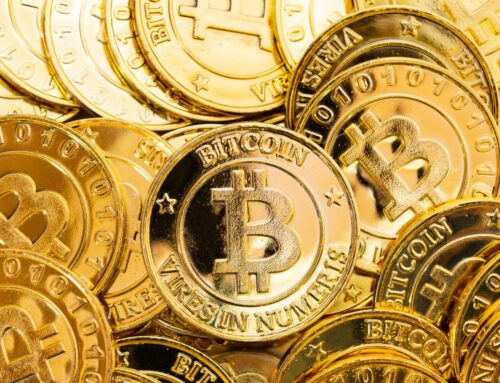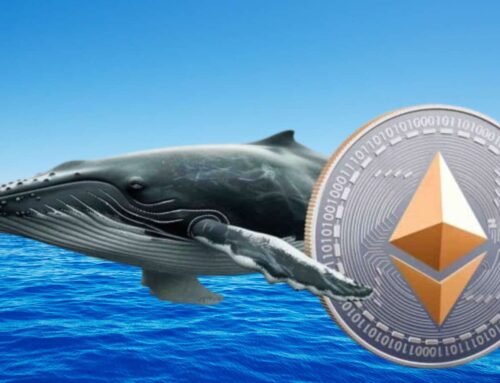EU in position to stop US from igniting a trade war
March 28, 2018
The EU knows full well that global governance has suffered a setback because of the anti-globalization and protectionist decisions made by the Trump administration. US President Donald Trump has taken his protectionist agenda to a new height by imposing unjustifiably high tariffs of up to $60 billion on Chinese products and restricting Chinese investment in the…
The EU knows full well that global governance has suffered a setback because of the anti-globalisation and protectionist decisions made by the Trump administration.
US President Donald Trump has taken his protectionist agenda to a new height by imposing unjustifiably high tariffs of up to $60 billion on Chinese products and restricting Chinese investment in the United States, and all but declaring a “trade war” against China.
The EU has not been directly targeted by the US. In fact, the European bloc has been seeking “permanent exemption” from such US actions, and Washington might accommodate the request, probably because the two sides are security allies.
But being one of the champions of multilateral and free trade, the EU also has a global responsibility. Besides, the EU has a high stake in what appears to be the beginning of a global trade war, because of the close inter-dependency of economies in today’s world.
Up to now, the EU has been sober-minded. At their spring summit last week, the EU leaders said the measures taken by Trump cannot be justified on the grounds of US national security, and regretted that the US had decided to impose tariffs on steel and aluminium imports. But since such statements are not enough to correct the global trade situation or make Trump change his ways, the EU should organise a global debate on the possible impact and consequences of the US’ trade policies.
If China takes retaliatory action against the US, many experts say, China might increase its trade with the EU, in order to maintain its trade balance. It could also encourage more cultural and people-to-people exchanges with the EU.
But those would be short-term measures and cannot control the storm generated by a Sino-US trade conflict, which would create lasting uncertainties and fluctuations in the global market and dent market confidence. Some experts argue the US means to achieve exactly such results, because the resultant contraction of the global financial market would help Wall Street players to take advantage of the dollar’s domination of global trade to make more profits, as they did during previous global financial and trade crises.
If that is indeed the case, it should set off alarm bells.
But the EU, with its financial and material strength, can avoid such a situation. Moreover, to help resolve the global financial crisis, which originated in the US in 2008, the EU put up its financial firewall and implemented institutional reform in an effort to strengthen its banking, monetary and fiscal sectors. Perhaps it is time the EU took similar measures. This, along with the increasing importance of the yuan in global trade, could neutralise the protectionist actions of Trump.
Brussels should take such measures also to negate Washington’s anti-globalisation because a decade ago when the West was in trouble, China injected confidence into world market and extended help to prevent the global financial system from collapsing. Now, when Washington is threatening to derail global trade, which will also hurt the EU, Brussels should play its due role.
Beijing and Brussels have already set a good example, by solving their solar panel trade dispute several years through consultations. Now they can also work together to drive sense into the Trump administration, and make Trump realise that the threat to destabilise global trade is not the right card to play to make the US “great again”.
Search
RECENT PRESS RELEASES
Related Post




